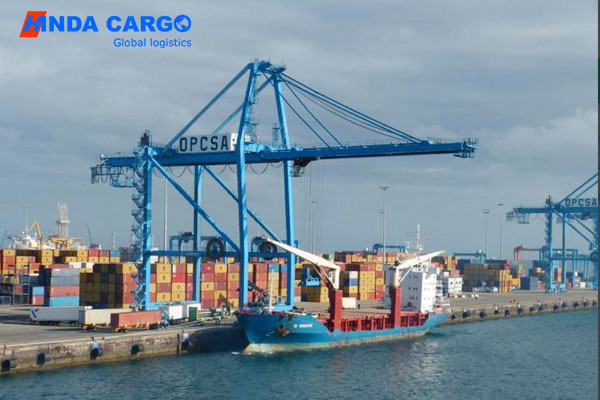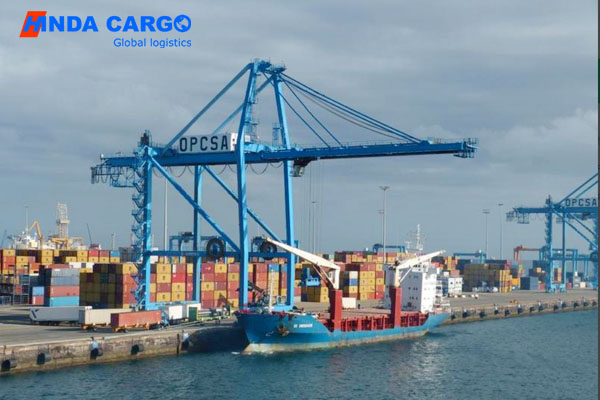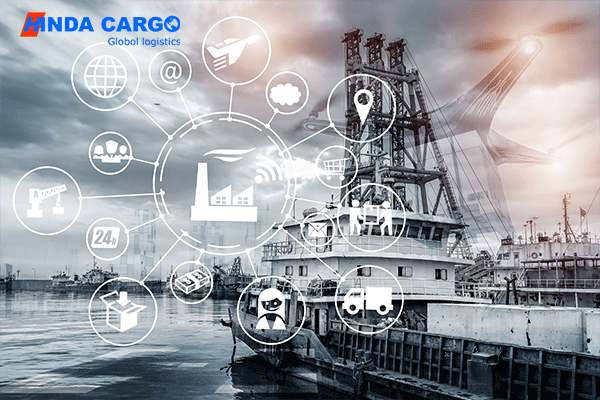What do cargo handling services include?
Logistics and supply chain are key components of modern business activities, where cargo handling services play a vital role in ensuring the smooth flow of goods. Loading and unloading services not only involve the moving of goods, but also include integrated activities such as warehousing, sorting and distribution. In this news article, we will take an in-depth look at what cargo handling services are and analyze their importance in business activities.
What do cargo handling services include?
Cargo handling services are an important part of the logistics process and cover all activities of moving and storing goods from the warehouse to the destination. These services include: loading and unloading of goods, warehousing services, picking and sorting, and transportation management.
1. Loading and unloading cargo:
In a warehouse or logistics center, goods are unloaded from transportation vehicles and sorted and sorted.
When leaving the warehouse, load the goods onto appropriate transportation vehicles to ensure the safety and efficiency of the transportation process.
2. Warehousing services:
Store goods in the warehouse, manage and maintain them according to needs.
Warehousing services also include regular inspections of inventory to ensure the quality and quantity of goods.
3. Picking and sorting:
Picking specific goods from the warehouse based on order or demand.
Sorting services ensure that goods are distributed to the appropriate location by category, type or order.
4. Transportation management:
Coordinate the transportation of goods from warehouse to destination to ensure on-time and safe delivery.
This includes choosing the appropriate shipping method, route and timing.

What is the role of cargo handling services in the supply chain?
Cargo handling services play a vital role in the supply chain, affecting the efficiency and effectiveness of the entire logistics process. The following are its main roles in the supply chain:
1. Improve logistics efficiency:
Reasonable loading and unloading services can reduce the stagnation time of goods in the warehouse and transportation process, and speed up logistics.
Efficient loading and unloading services help reduce the time goods are in transit and improve customer satisfaction.
2. Reduce logistics costs:
Efficient cargo handling services can reduce waste and errors during handling and storage, reducing logistics costs.
Refined management and automated loading and unloading equipment help optimize resource allocation and reduce labor and time costs.
3. Ensure cargo safety:
Standardized operations of loading and unloading services can prevent damage to goods during handling and storage.
Through strict safety standards and processes, the safety of goods throughout the entire logistics chain is ensured.
4. Support supply chain resiliency:
High-quality cargo handling services can improve the flexibility of the supply chain and help companies respond to market changes and emergencies.
Flexible loading and unloading services can quickly adjust logistics processes to meet customer needs.

How will cargo handling services develop in the future?
As technology develops and market demands change, cargo handling services will continue to innovate and develop. The following are possible trends in loading and unloading services in the future:
1. Automation and intelligence:
Automated equipment and robotics will play a greater role in the cargo handling process, improving efficiency and accuracy.
Smart warehousing systems will help manage and optimize the cargo loading and unloading process and reduce human errors.
2. Data-driven:
Big data and IoT technologies will provide more data support for loading and unloading services, helping to optimize processes and predict demand.
Data analytics can identify bottlenecks in logistics chains and provide recommendations for improvements.
3. Sustainable development:
Green logistics and sustainable development will become important trends in loading and unloading services.
Use environmentally friendly equipment and technology to reduce energy consumption and environmental impact.
4. Supply chain integration:
Future cargo handling services will focus more on close collaboration with other links in the supply chain.
Collaboration with suppliers, customers and other logistics partners will help optimize the overall logistics process.

Summarize
Cargo handling services are an integral part of the supply chain and play an important role in logistics efficiency, cost control and supply chain resiliency. With the advancement of technology and changes in the market, future cargo handling services will develop in the direction of automation, intelligence, data-driven and sustainable development, providing enterprises with more efficient and flexible logistics solutions.




